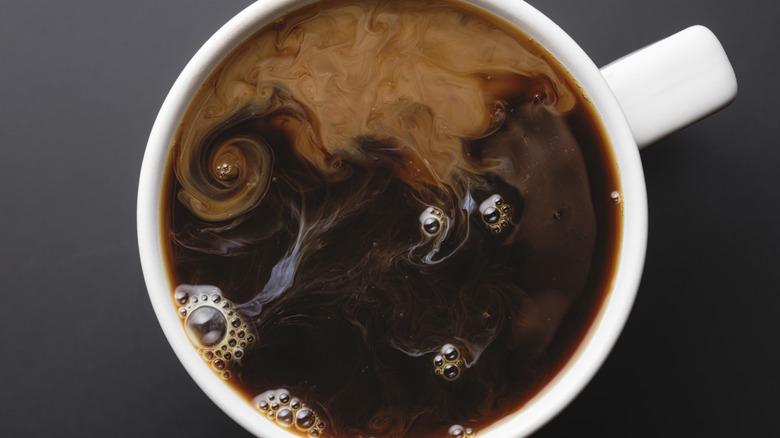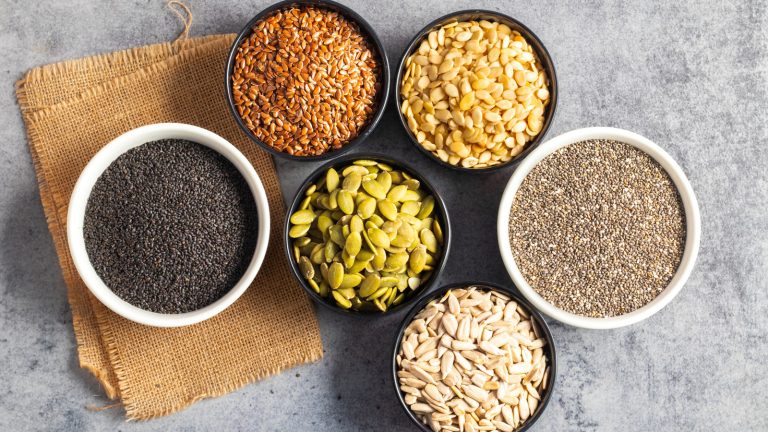There are so many different ways to brew a cup of coffee. Some people might prefer the pour-over technique, and others drip coffee, but using a French press is one of the most customizable techniques of all. There are so many things you didn’t know your French press can do. While that customization is ideal for coffee connoisseurs, it also means that even simple mistakes can be disastrous. For example, here’s why leaving coffee in your French press is a major mistake — bitterness.
While it might seem like a good idea to brew some extra coffee in case you decide to go back for more, there are better ways to enjoy your second cup. Even after you press the coffee grounds out of the liquid using a French press, the coffee will keep brewing. This is because the coffee still hits the ground pushed down at the bottom of the cylinder.
That’s why you should drink French press coffee right after it has been made. Any leftover liquid in the container will continue to extract from the grounds, so the leftover liquid will taste much more bitter than the first pour due to that over-extraction. To avoid sipping on a tangy brew, brew exactly how much coffee you want and not a drop more. You can always brew a second cup later.
How can you keep French press coffee from getting bitter?
If you don’t want to go through the process of brewing coffee twice, there is always an option to pour extra coffee you’ve made in a French press into a thermos immediately after brewing instead. This will ensure you have a warm cup on standby without the risk of over-extracting what’s left in the press. As long as you don’t let the coffee simmer in the grounds, you should be good to go.
While coffee has a hint of inherent bitterness, it’s also framed by other delicate notes like chocolate, stone fruit, cinnamon, and more. Over-extracted coffee will have almost none of those more enticing flavors — just a harsh, bitter taste. The bitterness comes from compounds that are hidden deep inside the coffee grounds, ones you won’t taste if you brew a cup correctly. These not only affect the taste of coffee, but also the mouthfeel. Over-extracted grounds can make a coffee taste thick and leave an unsavory film on the tongue. A dash of salt might be able to save it, but it won’t be the same as a proper brew.
All that said, over-brewed coffee has more negatives than positives. Even if you care more about the caffeine content of this drink than the taste, pay attention to how long you’re steeping French press coffee, and brew only as much as you need to avoid a ruined experience.






